Posted in: 09/21/2021
The National Day for the Struggle for Person with Disability was created to honor and promote the rights of people who face daily, besides physical barriers, social barriers because of some special need.
The date seeks to demonstrate that the fight for health promotion, for respect, inclusion, and accessibility in the national scenario still has a long way to go. More than ever, we need to avoid setbacks and encourage the creation and maintenance of inclusion policies and anti-discrimination laws – and make sure they are actually enforced.
According to the 2019 National Survey on Health (PNS), recently released by the Brazilian Institute of Geography and Statistics (IBGE), Brazil has 17.3 million people with disabilities, accounting for a total of approximately 8.4% of the population over the age of 2. The elderly population represents almost half of this number.
There are many challenges and obstacles that still hinder the lives of these people. And the most recent of these concerns a basic right: the right to education.
The IBGE survey showed a large difference in the level of education of people over 18 years old with disabilities, and that of people without disabilities: 67.6% of People with Disabilities have no education or have not completed elementary school, compared to 30.9% among people without disabilities.
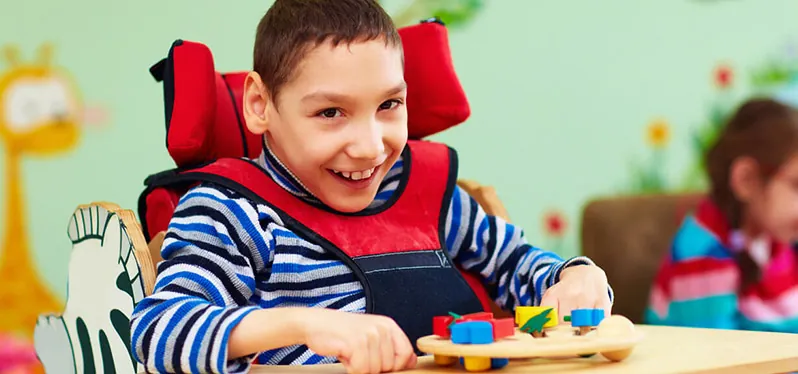
In 2019, only 16.6% of the population with disability had complete high school education (or incomplete college), compared to 37.2% of people without disabilities. In relation to the higher level of education, only 5.0% of People with Disabilities were able to complete it, compared to 17.0% of other people.
Although this result may be affected by the large number of elderly people in the group of People with Disabilities, the research indicates that difficulties in access to educational establishments contribute to these differences. She also recalls that the National Education Plan, instituted in 2014, aims to “universalize, for the population aged 4 to 17 years with disabilities, regardless of type, access to basic education and specialized educational care, preferably in the regular education system.”
It is noteworthy that a new National Policy for Special Education was recently instituted by decree, which became the subject of a public hearing at the Federal Supreme Court. The decree, according to experts, may increase the segregation of students with disabilities by determining that they must study in institutions specifically for them and not in regular schools, as has been happening in inclusive education settings.
This brings us to another sensitive point for People with Disabilities: how to face the Ableism that such a measure may reinforce?
Ableism is the social prejudice and discrimination against people because of their disability. It reinforces stereotypes and defines People with Disabilities as inferior, incapable, and worth less than other people because of their difficulty.
To avoid Ableism, it is important to encourage and participate in actions and debates about diversity, accessibility, and inclusion. There are several profiles and channels on the Internet that can help you learn about the challenges of people with disabilities and delve deeper into the topic of Ableism and the struggles of People with Disabilities.
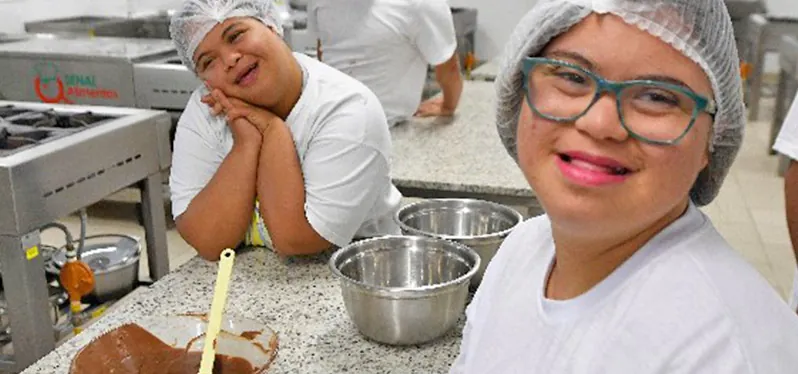
We have highlighted some simple ways to avoid discrimatory attitudes in your daily life. Check it out!
Respect the person’s personal space and way of communicating
Never speak for a person with disability. Also, do not touch the person, or their mobility equipment, without consent. The person will ask if she/he needs help.
Rethink your vocabulary
Often, without realizing it, we may use expressions that are offensive or reinforce prejudice. Saying that someone is “disabled”, “handicapped” or “crippled” are some of the incorrect ways to refer to a person with a disability. There are many other expressions that should also be avoided. It is worth doing a search on them and understanding the reasons for this.
Talk about disability with children and young people
Children tend to reproduce prejudices and judgments that they hear from adults. Therefore, talk to children and youngsters about the importance of understanding and respecting differences. In this way, you will collaborate to develop more conscientious people.
Besides seeking to guarantee equal education, without discrimination, creating legal measures and enforcing the existing ones, in order to avoid prejudice and ableism, it would also be the job of rulers and the State to guarantee accessibility and mobility for people with disabilities. However, this is another area of constant claims by People with Disability.
It is important to point out that measures to facilitate accessibility and improve urban mobility, as well as public transportation, could positively impact the education figures for people with disability seen above.
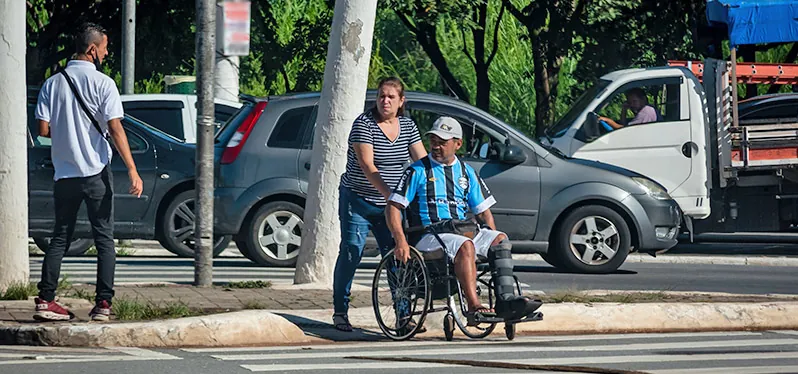
The IBGE survey also pointed out that 9.7% of people with disability live in rural areas, and 8.2% in urban areas. Regardless of where they live, almost all of them face the problems and challenges of urban mobility, which are also on the way to making Brazil a more inclusive country.
Although the concept of universal access should guarantee accessibility to public transportation for all people with disability, public transportation options in Brazil do not always respect the standards, national and international good practices, and invest in initiatives to make the day-to-day life of people with disability easier.
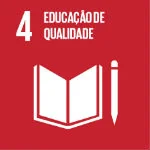
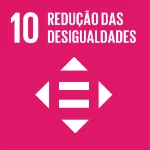
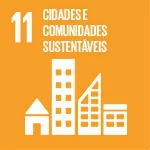
Sign up and receive our news.